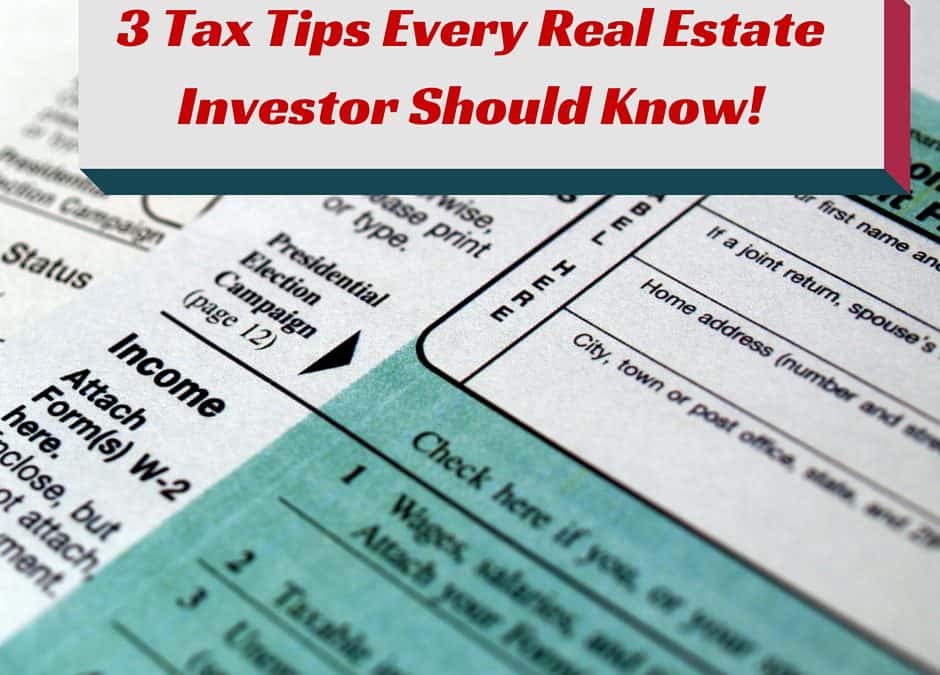
Real estate is one of the most tax-friendly businesses in the land for one reason alone: the government wants us buying and selling homes, owning homes, investing in homes so it writes tax laws to incentivize.
Why? Think of what would happen if we didn’t. It would be like the movie Children of Men. Stagnation. Desolation. Despair.
The investment, improvement, and exchange of real estate is one of the most important indicators of a thriving economy. As a real estate investor, the government values you and your efforts. So be sure to take advantage of the incentives it provides!!
These tips below are just a Cliff’s Notes of all there is to know for real estate investors. If you are serious about tax-free wealth you must read the seminal book on the matter, Tax-Free Wealth by Tom Wheelwright. I cannot recommend this book enough. It will change your entire financial picture. I mean it! Read these tips, then read the book. Or pay through the nose in taxes. Your choice.
Tip 1: Incorporate!
When I owned my first investment property, a condo in San Francisco, I collected rent under my own name, Natali Del Conte at the time. Dumb move for a few reasons:
-
Liability. If a tenant has a serious injury that goes beyond the scope of my insurance coverage, God forbid, they can sue me for everything I have if I own the property in my own name. And I do mean everything: 401(k), kids’ college funds, the computer I am using to write this. BUT if I own the property in a corporation, the tenant can only sue the corporation and go after the assets therein. My personal property is off limits.
-
Self-employment tax. If I collect rent in my own name, I am self-employed and therefore must pay a self-employment tax of 15% (https://www.irs.gov/Businesses/Small-Businesses-&-Self-Employed/Self-Employment-Tax-Social-Security-and-Medicare-Taxes) of everything I make. You may have to pay this anyway if you take a paycheck from your corporation but what you pay 15% OF will be different. You see, if you pay yourself 50% of what the corporation makes, that is 50% less that you have to pay self employment tax on. So reduce your taxation and collect rent inside your corporation and take advantage of the MUCH friendlier tax laws written for businesses rather than tax laws written for individuals.
-
Write-offs!! This is an important point so it is going to be it’s very own tip below.
[Note: How to incorporate and which type of corporation to choose – LLC, S-Corp, etc – is a conversation you should have with your tax expert. We’ll talk about this special person in your life below.]

Tip 2: Expenses, expenses, expenses!
If you are a corporation, you pay taxes on what is left over after all expenses were deducted from your gross income. So take everything you made, subtract every expense that you can claim it cost you to make that money, and you pay taxes on what is left over. So the name of the game, my friend, is maximizing deductions!!!
Wheelwright argues in favor of funneling as much as you possibly can through your business as a business expense – and ideally including things you would pay for anyway: your broadband, your gas, your car, your phone bills. If you are a corporation, you should NOT pay for these things out of your personal checking account. They are business expenses and can therefore be deducted from your gross pay in order to minimize your taxation rate.
This requires a lot of organization and diligence but my friend, it is worth it!
Tip 3: Date around for the right tax person!
You are not married to your tax accountant. Probably. There is no ’til death do you part. So be sure you have the right person and date around a little until you do.
Wheelwright makes the point that some tax accountants will resist the above methods. Not all tax experts are cut from the same cloth and not all of them understand that the tax code was written to encourage investment. If your person resists, either ask them to look into Wheelwright’s book or find someone who is on board. Your tax person should not be afraid of the IRS. They should view the IRS as a friendly ally that encourages your business instead of a mean monster that is out to get your business. Believe it or not, the IRS is the former and not the latter.
Ready To Build Passive Income Through Rental Real Estate?
Ready to talk about your goals? We're here to show you the tools and teach you the process to begin earning legacy wealth for you and your family.









